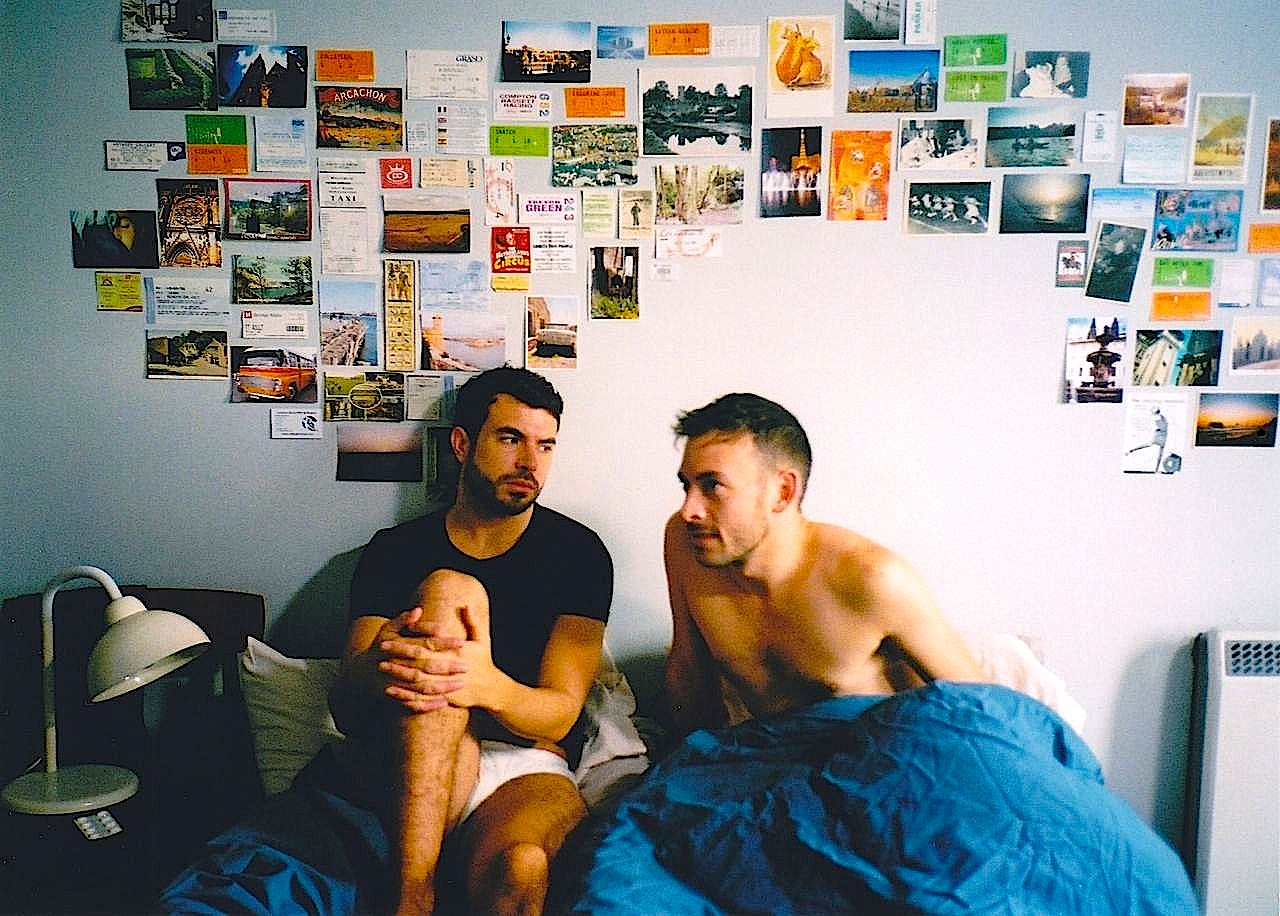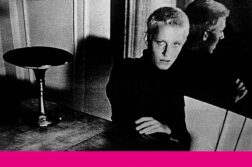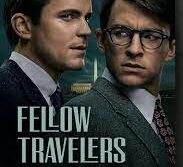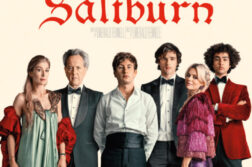Weekend
Written & directed by Andrew Haigh
Glendale Picture Company
THERE’S A SCENE at around twenty minutes into the movie Weekend when the protagonist, a British lifeguard named Russell, stands at the edge of a swimming pool, just below a sign reading “Deep End” that foreshadows where he’s headed. At that point in the film, Russell has gone to a gay bar and picked up a man named Glen, who defies the usual expectation of fleeing the scene the next morning and instead curls up beside Russell with a tape recorder, demanding that he relive the pickup from beginning to end. The interview forces Russell to confess things he finds embarrassingly intimate. He was reluctant for Glen to penetrate him, he admits, but not because it was “too gay,” as Glen suggests, but rather, “I just thought that we were having a really nice time. And it was lovely. It was more than enough for me.”







